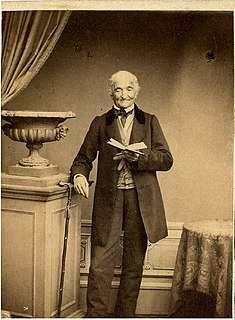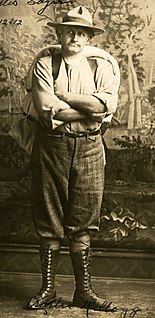A Quote by Francois de La Rochefoucauld
Our self-love can less bear to have our tastes than our opinions condemned.
Related Quotes
Nature has endowed the earth with glorious wonders and vast resources that we may use for our own ends. Regardless of our tastes or our way of living, there are none that present more variations to tax our imagination than the soil, and certainly none so important to our ancestors, to ourselves, and to our children.
No, the secret is that there's no reward and we have to endure our characters and our natures as best we can, because no amount of experience or insight is going to rectify our deficiencies, our self-regard, or our cupidity. We have to learn that our desires do not find any real echo in the world. We have to accept that the people we love do not love us, or not in the way we hope. We have to accept betrayal and disloyalty, and, hardest of all, that someone is finer than we are in character or intelligence.
There is no doubt about it: we are judged by our language as much as (perhaps more than) we are judged by our appearance, our choice of associates, our behavior. Language communicates so much more than ideas; it reveals our intelligence, our knowledge of a topic, our creativity, our ability to think, our self-confidence, et cetera.
The systems of stereotypes may be the core of our personal tradition, the defenses of our position in society. They are an ordered more or less consistent picture of the world, to which our habits, our tastes, our capacities, our comforts and our hopes have adjusted themselves. They may not be a complete picture of the world, but they are a picture of a possible world to which we are adapted. In that world, people and things have their well-known places, and do certain expected things. We feel at home there. We fit in. We are members.





































